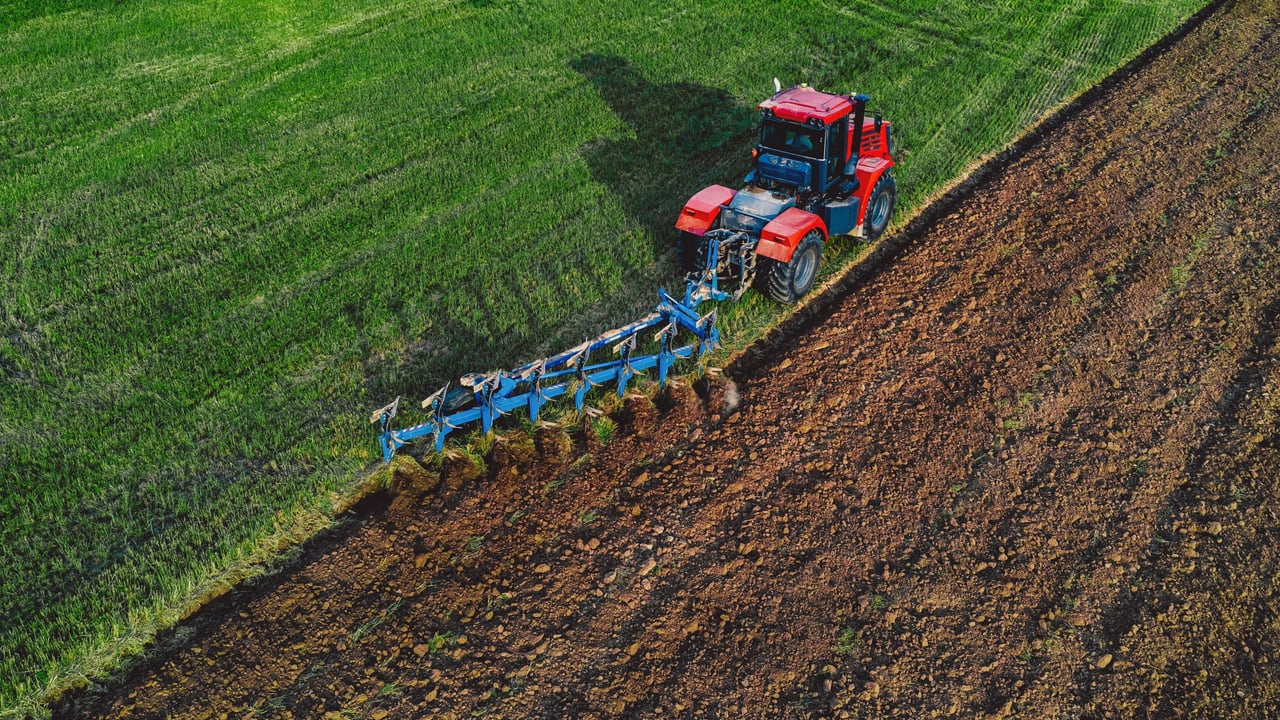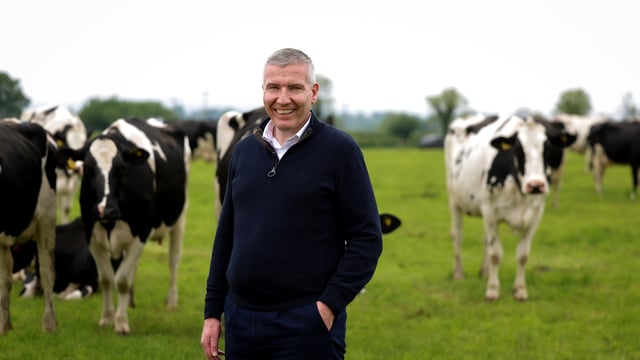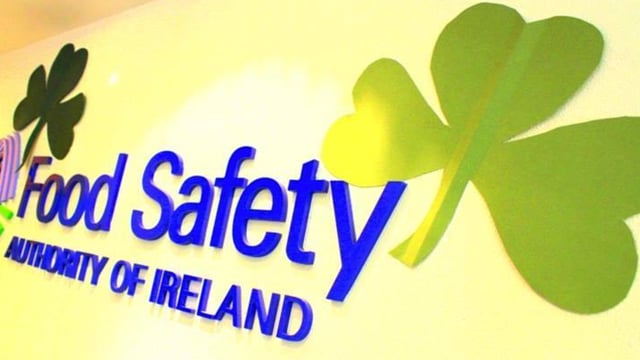'Worrying shift' on climate by next govt - environmental groups
The new coalition's draft programme for government shows "a worrying shift away from the necessary momentum and action" on climate, according to a number of environmental groups.
The Environmental Pillar umbrella group, which is made up of 32 non-governmental organisations (NGOs), said that the draft programme for government did not give it "any confidence that the incoming government is committed to tackling the very serious challenges of climate change and biodiversity loss".
Karen Ciesielski, environmental pillar co-ordinator, added: "In our manifesto, the Environmental Pillar called for a ratio of at least 5:1 with at least 20% of the capital spend on transport to go on active travel.
"The concentration on roads in the programme for government is a retrograde step, which will only lead to increased car use, congestion and rising emissions.”
The umbrella group also highlighted that it has "always said that farmers and landowners should be supported in measures they take to protect and enhance biodiversity".
But Dr. Elaine McGoff, Environmental Pillar member and head of advocacy with An Taisce, said that "in contrast to very clear commitments for more public money for various farm activities, the programme is vague in committing funding to farmers for nature restoration".
"Without new and additional funding, farmers won’t have the support they need to restore nature.
“In addition, the commitment to make the case at EU level to secure the retention of the nitrates derogation is problematic given the huge issues we have with water quality," Dr. McGoff added.
Meanwhile Birdwatch Ireland has also voiced its concerns about the draft programme for government which it believes "presents a very worrying future for Ireland’s wild birds and other biodiversity".
Oonagh Duggan, head of advocacy at BirdWatch Ireland and a member of the Environmental Pillar, believes "there are significant risks for Ireland’s biodiversity in the five-year draft programme for government".
"The tone and tenor are ones of fast-tracking development, cutting red tape and of de-regulation, which could do very significant harm to our wild bird populations and the habitats they need if the laws, processes and licensing protecting nature are targeted.
"Remember, this is at a time when, shamefully, 63% of Ireland’s wild bird species are officially at risk of extinction," she said.
According to Duggan semi-state bodies are among the largest landowners in the country and in her opinion "should be models of best practice and manage their lands for nature restoration and climate obligations".
"Lands owned by semi-state bodies should also be included for nature restoration," she said.
Separately Friends of the Earth said the draft programme for government "doesn’t detail enough policies and measures to reduce emissions fast enough".
Oisín Coghlan, Friends of the Earth chief executive, said the programme "risks falling into climate cakeism".
"I'm glad the programme reflects and accepts the law of the land by affirming the government's commitment to the 51% emissions reduction by 2030, net-zero by 2050 at the latest, and an annual Climate Action Plan. That's all in the 2021 Climate Act.
“What's worrying is that the programme doesn't contain enough specific concrete actions to deliver the required reductions.
"There are encouraging words in some areas but there is also a lot of ambiguity and vagueness," he said.





